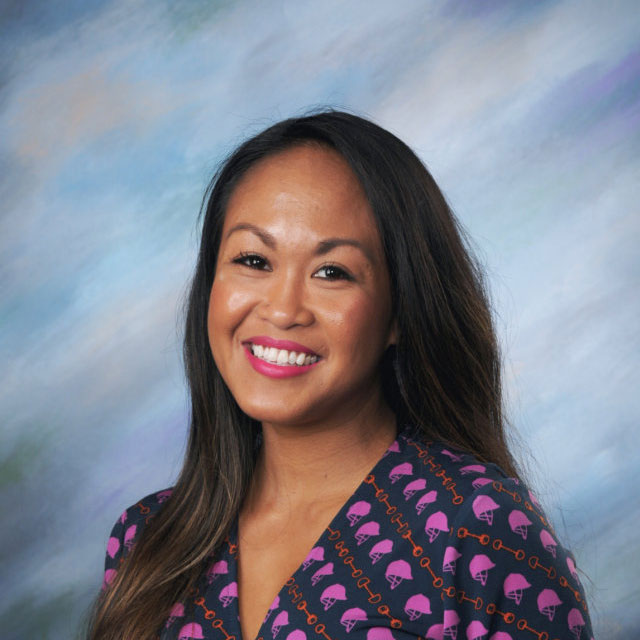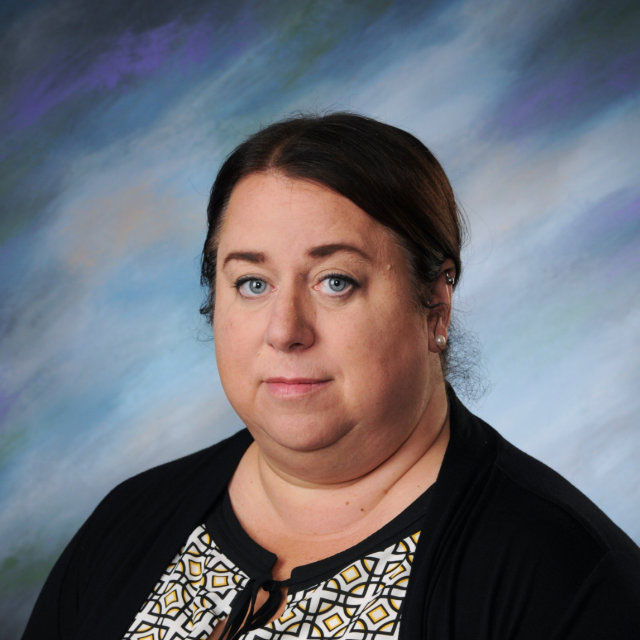In all of the science courses students are expected to demonstrate an understanding of the basic principles of science, demonstrate the ability to work safely and effectively with equipment while conducting experiments, and employ problem-solving skills. Courses in grades 9 are designed to meet the requirements of the MCAS Biology Test.
Courses
BIOLOGY Honors - Grade 9
This is an accelerated course. Students are expected to do advanced work, labs and projects. Students will investigate the diversity, complexity, and interconnectedness of life on earth. The course focuses on the study of the cell and its major functions, genetics and biodiversity, evolution, and the study of the environment as well as human anatomy and physiology. This is a laboratory- based course.
BIOLOGY College Prep - Grade 9
Students will investigate the diversity, complexity, and interconnectedness of life on earth. The course focuses on the study of the cell and its major functions, genetics and biodiversity, evolution, and the study of the environment as well as human anatomy and physiology. This is a laboratory- based course.
TECHNOLOGY & ENGINEERING - Grade 10
This is an accelerated course. Students are expected to do advanced work, project-based/ technology-based assessments on a daily basis. Technology Engineering is an engaging, project- based course incorporating the Massachusetts State Frameworks. Students will learn the steps in the engineering design process, develop a rich understanding of technology, understand how advances in technology affect human society, and solve real-world problems using the engineering-design process. The course focuses on teamwork, collaboration, communication and individual work. There are four main projects; Project 1: Design the best organizer in the world, Project 2: Design a building of the future, Project 3: Improve a patented boat design, and Project 4: Electricity and communication systems.
TECHNOLOGY & ENGINEERING College Prep - Grade 10
Technology Engineering is an engaging, project-based course incorporating the Massachusetts State Frameworks. Students will learn the steps in the engineering design process, develop a rich understanding of technology, understand how advances in technology affect human society, and solve real-world problems using the engineering-design process. The course focuses on teamwork, collaboration, communication and individual work. There are four main projects; Project 1: Design the best organizer in the world, Project 2: Design a building of the future, Project 3: Improve a patented boat design, and Project 4: Electricity and communication systems.
CHEMISTRY Honors - Grade 11
This is an accelerated course designed for those students who are planning on attending a four- year college or university. Topics covered include, but are not limited to: atomic structure, physical and chemical changes, the structure and properties of elements and compounds, types of chemical reactions, chemical equilibrium, reaction rates and energy associated with chemical changes. Emphasis will be placed on the development of higher reasoning, independent thinking and problem solving skills. Projects, group activities, computer technology in data analysis, videos, and laboratory exercises will be performed to support class discussion.
PHYSICS College Prep - Grade 11
This course stresses the study of forces and the laws that affect all mass in the universe. It provides an introduction to gravity, Newton’s laws, electromagnetism, and wave motion of light and sound. Students perform lab experiments that are designed to reinforce topics and with emphasis placed on the development of critical thinking, problem solving skills. The utilization of the SI system of measurements, accuracy and precision will be incorporated into laboratory activities.
STEM FORENSICS - Grade 11
This college preparatory course provides students with intensive forensic training using techniques, procedures, analysis, and crime scene investigations commonly practiced by many U.S. crime labs. Training includes various biotechnology protocols, and several case projects to deliver topics such as fingerprint biology, ballistics, plaster casting, data analysis, blood-typing and DNA fingerprinting. The course promises plenty of mock investigations to keep students engaged for this biology, chemistry and mathematics-based study.
PHYSICS Honors - Grade 12
This course is an in depth study of the forces and laws that affect all mass in the universe. Topics covered include: gravitational forces, Newton’s Laws of Motion, electromagnetic forces, and wave properties of light and sound. Students will use experimental investigations to illustrate concepts and confirm their understanding of physical laws. The utilization of the SI system of measurements, accuracy, precision and statistical analysis of error will be incorporated into laboratory activities.
ANATOMY & PHYSIOLOGY - Grade 12
This college preparatory course will be an introduction to the human body integrating the anatomy and physiology of cells, tissues, organs, the systems of the human body, and the mechanisms of homeostasis. It includes the study of the gross and microscopic structure of the systems of the human body with special emphasis on the relationship between structure and function.
STEM FORENSICS - Grade 12
This college preparatory course provides students with intensive forensic training using techniques, procedures, analysis, and crime scene investigations commonly practiced by many U.S. crime labs. Training includes various biotechnology protocols, and several case projects to deliver topics such as fingerprint biology, ballistics, plaster casting, data analysis, blood-typing and DNA fingerprinting. The course promises plenty of mock investigations to keep students engaged for this biology, chemistry and mathematics-based study.
CHEMISTRY College Prep - Grade 12
This course is designed for those students who are planning on attending a four-year college or university. Topics covered include, but are not limited to: atomic structure, physical and chemical changes, the structure and properties of elements and compounds, types of chemical reactions and, chemical equilibrium. Emphasis will be placed on the development of critical thinking and problem-solving skills. Laboratory demonstrations and exercises will be performed to clarify class discussions.



